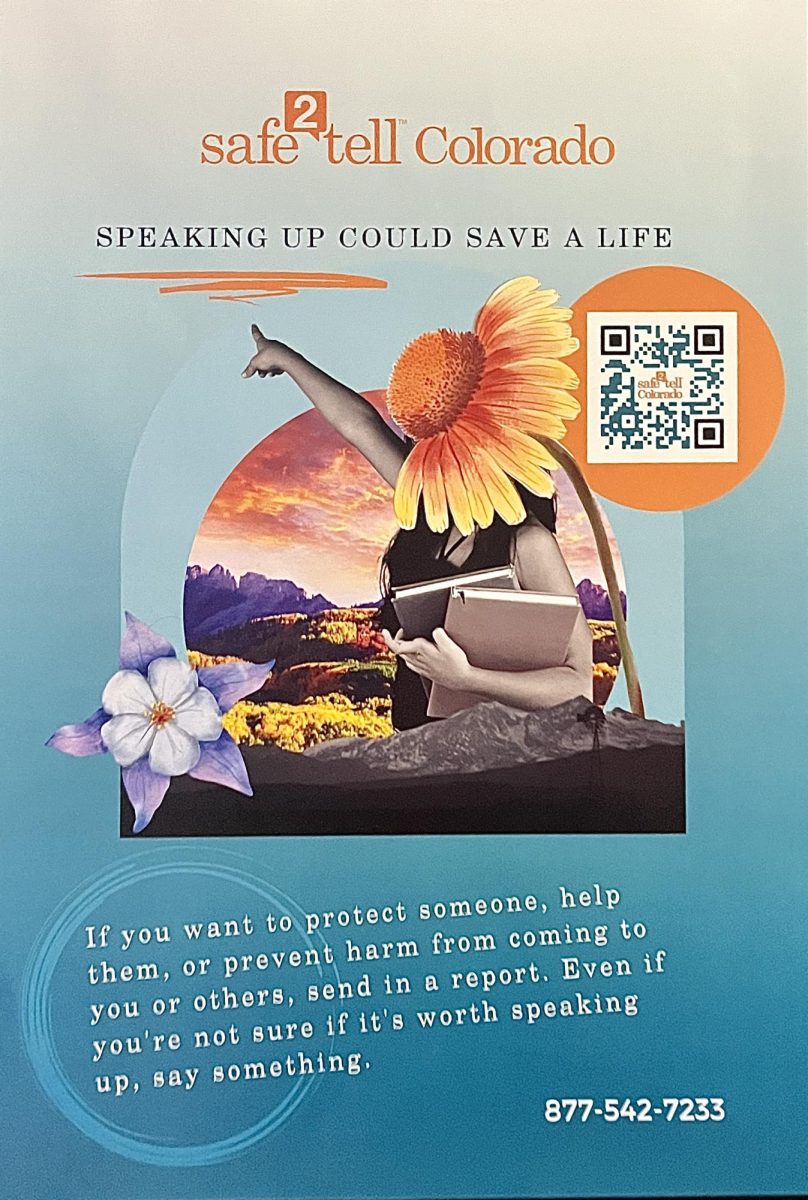Miscommunications in the Satire Edition: Editorial
In the satire issue of the Skier Scribbler published for April Fool’s Day, a satire piece was written about students creating a makeshift store, selling juul pods in the boys bathroom. While all events of the article were fictionalized, an employee from a smoke shop down valley misinterpreted the article, and posted on facebook with the misconception that the events of the article were true, leading to many people around the valley believing that the events of the article actually did occur. As a consequence of the article, the employee said the shop will now only allow customers to buy one pack of juul pods per person and is refusing to sell juul pods to customers who come in every day to reduce the access to minors. We would like to make it clear that neither the Aspen High School nor the Skier Scribbler condones the underage use of nicotine. However, that being said, we also still support our decision to publish the article in our satire issue. Every time we publish an article, we are very aware of the impact that it will have on the audience and that occasionally people will be offended with what we write. In this case, it was because the article was taken out of context and confused for a factual news story. One section of the facebook post states, “If you are of age and enjoy Juul, you can blame ‘Nick O. Tinn’ (yes ironic) for this.”
It isn’t ironic that the name of the student who was quoted looks and sounds similar to the word nicotine, it was a satirical device used to enhance the story. Some of the other names in this article include Clara Strasshotdog, Tyrone Blueberry, Shmalex Shmeginelli, and Officer Puff.
This lesson can also be applied to all news publications. In the era of fake news and alternative facts, it is increasingly important to examine all articles before accepting them as fact. It is especially important considering how easy it is to warp a story to portray whatever angle you would like or to share and view stories on the internet that have no basis in reality. Social media sites like Facebook have recently had trouble with the amount of fake news stories spreading. While it is easy to blame Facebook, it is up to the consumer to fact check and ensure a news source and story is credible before creating outrage or assuming it is true.
The Skier Scribbler editor, Olivia Oksenhorn, who wrote the article, also posted in the Facebook group called The Roaring Fork Swap (a facebook page primarily intended for people selling items around the valley) containing the original post. She clarified that it was a satire article that was a part of our April Fool’s edition and apologized for any confusion.
On the bright side to this confusion is that attention was brought to the issue of underage nicotine use and steps were taken to address this issue.
Additionally, we did what we intend to do with journalism: we started a conversation. In journalism, one of our biggest goals is to get people talking about issues we are having in our community, country, or world. Although we never aim to offend with our writing, starting a conversation is the intention of producing our newspaper, and we are glad that we got people around the valley talking about this topic.

Jordan is a senior at AHS, and the Editor-In-Chief for the Skier Scribbler. This is her third year as a part of the paper and she plans on writing in college....





















